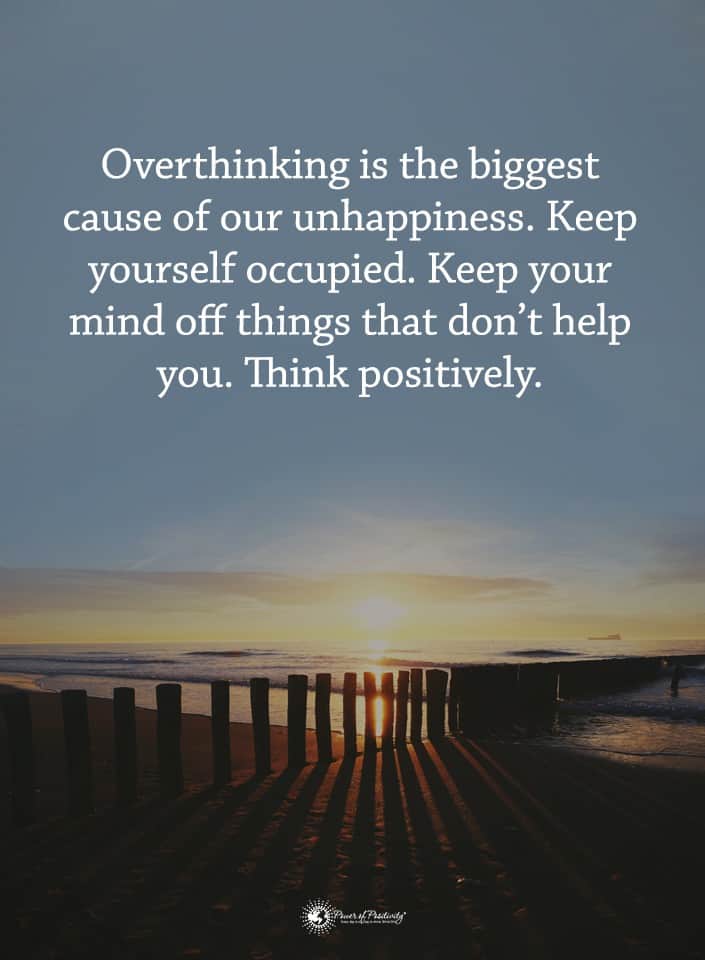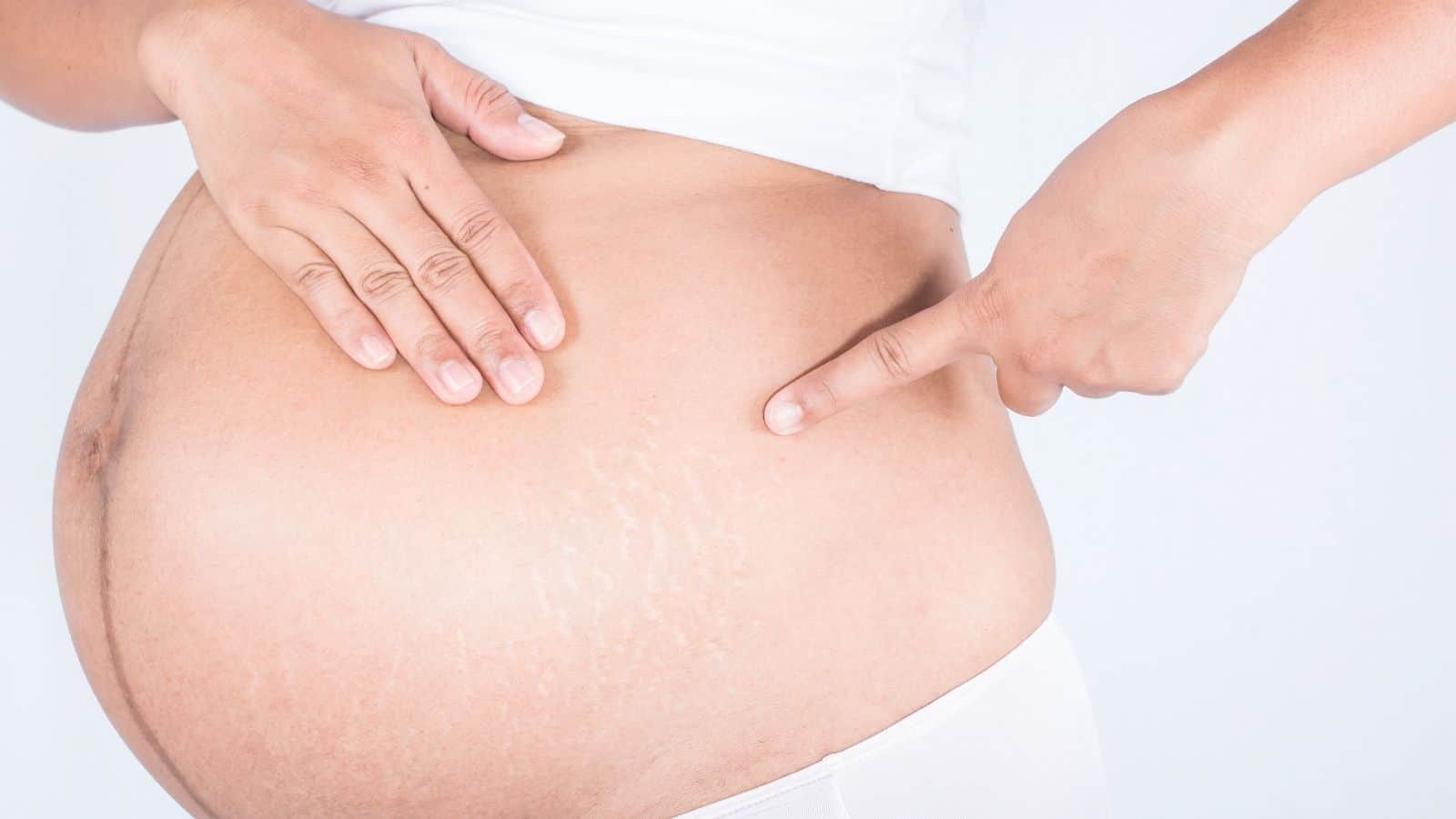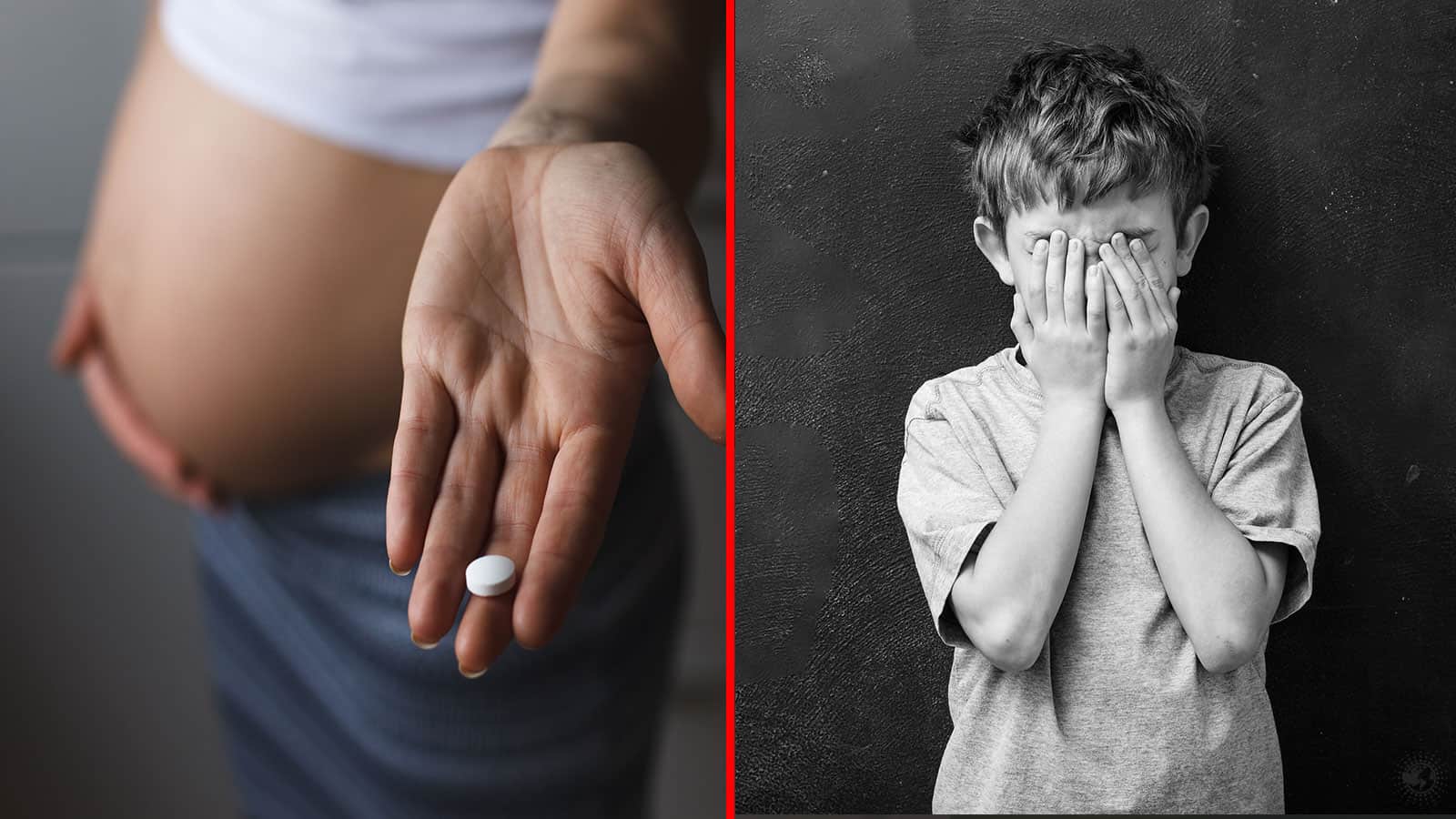There’s a reason that we call babies a bundle of joy so often. What could bring a couple to feel more blessed and excited than to know that they are expecting a child? If you have children, you can relate to these feelings.
As a mother-to-be, do you remember how friends and family would flock around you to share your nine-month-journey? People probably complimented you on the radiant glow as you carried a gift of life inside. Of course, you felt elated. But you also likely felt stressed and apprehensive at the same time.
Your Internal Nursery
Without the innate ability to procreate, humanity wouldn’t exist. The female body is uniquely structured to conceive and nourish a child from a fertilized egg to a newborn. As the zygote attaches to the velvety walls of your womb, a protective amniotic fluid surrounds it and later forms into a baby.
While your little one is snuggled in your abdomen, its belly is attached to your placenta by an umbilical cord. This vital lifeline has connective blood vessels which provide fresh blood and filtration through your body. The umbilical cord also functions as a port that carries nourishment from the mother’s body to the baby.
Throughout the usual nine-month gestation period, your body is in full nursery mode. It takes orders from your brain, endocrine structure, and the powerful pregnancy hormones coursing through your system. Your baby’s well-being depends on how healthy your body is and the delicate balance of nutrition and hormones.
These hormones will stimulate milk ducts in your breasts to prepare milk for the soon-coming infant. Humans, like all other mammals, produce breast milk to feed their young. It’s loaded with vitamins, minerals, and essential antibodies tailored especially for your newborn’s needs.
Although your body is genetically programmed to produce hormones in specific ratios, the balance can sometimes be skewed, and your body responds accordingly. New mothers usually feel these frequent hormonal fluctuations and experience what’s called “The baby blues.”
What is Prenatal Depression
While birthing a child can be one of the most excruciating and exhausting experiences you’ll ever have as a woman, it’s also the most joyful and exciting one. It’s no wonder that your mind is a flutter of emotions and hormones during expectancy.
Amid your overwhelming excitement are feelings of exhaustion, uncertainty, and depression. Thankfully, after a couple of weeks, most expectant mothers go through more changes, and their perceptions of depression diminish or disappear. However, you may be among the many moms-to-be who has depression that lingers, and they don’t know what to do about.
Prenatal depression, also called perinatal depression, affects approximately one in eight pregnant women in America each year. Although medical experts believed that pregnancy hormones play a role, additional evidence suggests that an imbalance of these hormones is a primary culprit. The signs and symptoms of prenatal depression correspond to those of clinical depression.
Signs and Symptoms of Prenatal Depression
If you are carrying a baby, your body and mind will experience a plethora of changes. It’s normal to become overwhelmed and have feelings of depression. However, if you notice these signs and symptoms for more than two weeks, you may have prenatal depression, and you should consult your healthcare provider:
- No longer are interested in hobbies and activities you’ve always enjoyed
- Extreme anxiety about the baby
- Self-doubt and low self-esteem issues concerning your ability to be a good mother
- Change in eating habits that result in malnutrition and inadequate prenatal weight gain
- Substance abuse such as alcohol, tobacco, or illegal drugs
- Lack of proper prenatal care and indifference to medical advice
- Inability to be reassured
- Contemplating suicide
A few symptoms of clinical depression are also common in pregnancy, such as lack of interest, poor sleeping habits, and feelings of hopelessness. Maybe you ignore these because you think it’s just your hormones. Even then, you and your healthcare provider must talk about these symptoms to see if they are linked to prenatal depression.
Perhaps, you are hesitant to seek medical advice because the thoughts of a mental illness diagnosis would embarrass you. Unfortunately, many expecting mothers avoid treatment because of how society continues to stigmatize depression and other psychological issues. Such avoidance can only make the situation worse.
When you’ve experienced these symptoms over a couple of weeks or more, they may increase your anxiety and cause unnecessary feelings of guilt. The emotional storm can intensify and create a health crisis for you and your unborn child.
Risks and Potential Causes of Prenatal Depression
Are you at risk for prenatal depression? Just as with other mental disorders, certain risk factors may make you more prone to experience it. If you fall into one or more of these categories, you should be especially mindful of any signs or symptoms. Along with hormone imbalances, here are seven possible causes for this depression:
- History of perinatal depression with your previous pregnancies
- History of mental illnesses, especially depression and anxiety
- Undue stress in the home/financial difficulties
- Family history of perinatal depression or other psychiatric disorders
- Lack of a support system
- A toxic or abusive relationship with your partner
- Unintentional or unwanted pregnancy
How is Perinatal Depression Diagnosed?
When you find out that you are pregnant, your OB/GYN will accompany you on your nine-month journey. At some point in your first trimester, your healthcare team will ask you a standard set of questions related to signs and symptoms of perinatal depression. It would help if you answered these questions thoroughly and honestly for early detection and diagnosis.
They will probe into your medical history and current condition to rule out any other health issue. Some of the next questions will pinpoint any signs and symptoms of perinatal depression, and if you have any risk factors. Thankfully, if you’re suffering from depression, your healthcare team can discuss viable treatment options for you.
How is Prenatal Depression Treated?
Just like the treatment for other mental health issues, treatment for perinatal depression is not a one size fits all. Every mother diagnosed is different, so your treatment plan will be tailored to your needs. Your prenatal healthcare team may discuss a blend of therapy, medication, and things you can do at home.
Build Your Support System
Mental health treatment is more successful when patients have a proper support system. Do you feel like you have adequate support from family and friends? Does your support network reach out to your local community, and you feel like you have a voice?
Even if you aren’t diagnosed with perinatal depression, you need a healthy support system throughout your pregnancy and after you deliver your baby. When you feel overwhelmed and inadequate, having someone on your side is a great benefit.
If possible, you need your mate’s support more than anyone. Your person can be there to listen, encourage, and help you every step of your journey. If you don’t have a partner, maybe your go-to can be a beloved family member or trusted friend.
Give Therapy a Try
There is no shame in admitting that you have a problem and that you need help. Therapy is an excellent tool for treating mental health conditions like prenatal depression. Again, don’t allow false conceptions of the past to stand between you and having the treatment you need for you and your unborn child.
If you are diagnosed with perinatal depression, ask your prenatal healthcare team for a referral to a therapist who has experience in this area. It should be a specialist whom you trust, and you feel comfortable in the communication.
You and your therapist can explore the type of therapy that would be best for you, be it Cognitive Behavioral Therapy (CBT), psychotherapy, or another mode. You don’t always need to turn to medications for help.
Get Some Exercise
When you carry a baby inside and have the added pounds of expectancy, the last thing you may think about is exercise. However, prenatal experts recommend that expectant mothers stay reasonably active during and after their expectancy. Not only does it benefit your body, but it can boost the chemicals in your brain that control your moods.
Talk to your healthcare provider before you attempt any exercise regimen while pregnant or afterward. Many traditional exercises can be modified so you can safely do them without hurting yourself or your unborn child. Even a short walk outside can brighten your spirits.
Antidepressants (the last resort for treating prenatal depression)
If natural remedies fail you, antidepressants are a final option a doctor might try.
Many of the same medications used to treat other depression disorders can also be used to treat perinatal depression. Your prenatal healthcare team can discuss options with you that are considered safe for expectant or nursing mothers. Talk to them about any other medications or supplements you currently take.
During your pregnancy, be compliant with your medication and talk to your provider before changing or discontinuing any antidepressant. If you are feeling better, it means that the drug is working, it doesn’t mean you no longer need it. Sometimes, new mothers may need medication after the baby is born and beyond.
 Final Thoughts on Beating Prenatal Depression and a More Enjoyable Pregnancy
Final Thoughts on Beating Prenatal Depression and a More Enjoyable Pregnancy
Having a baby may be one of the hallmarks of your life, but you don’t have to allow perinatal depression to rob you of your joy. With the right diagnosis and treatment, you can welcome your precious baby into the world in good health and vitality.



















